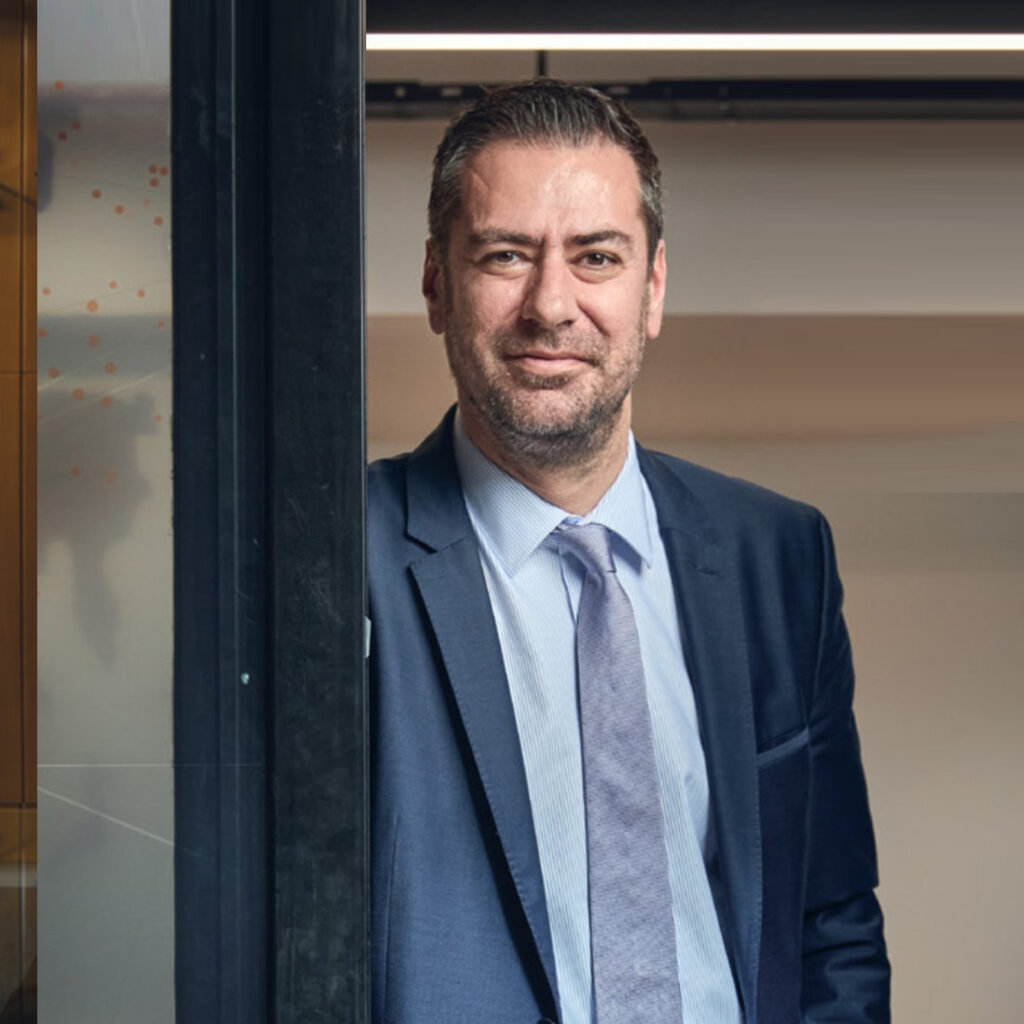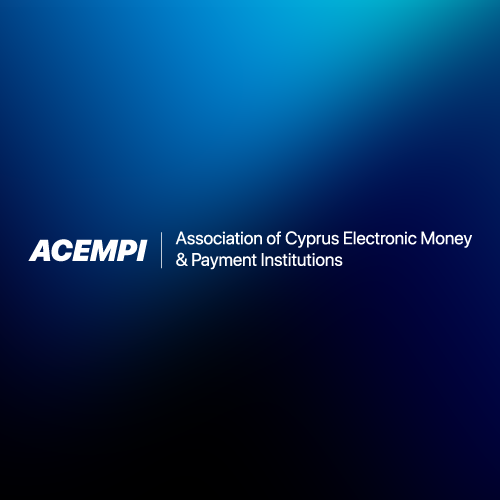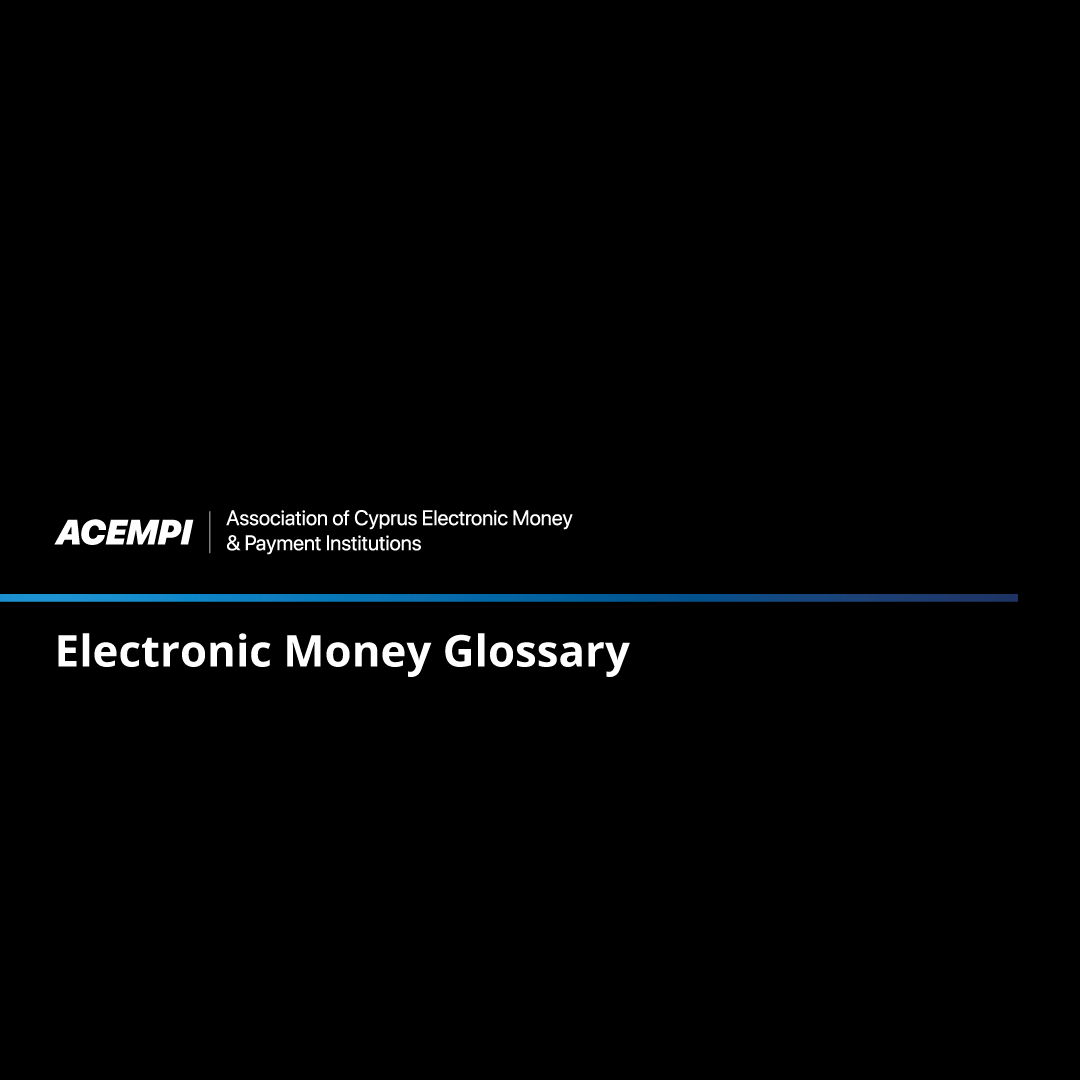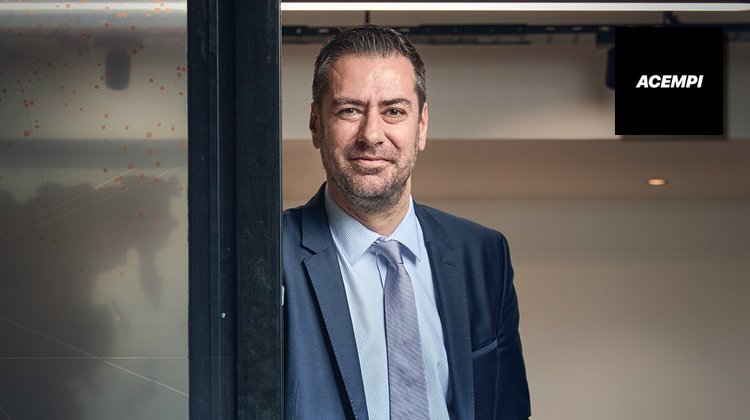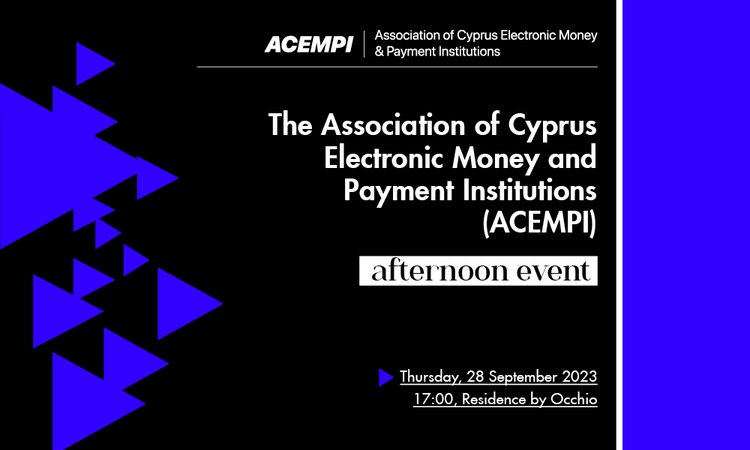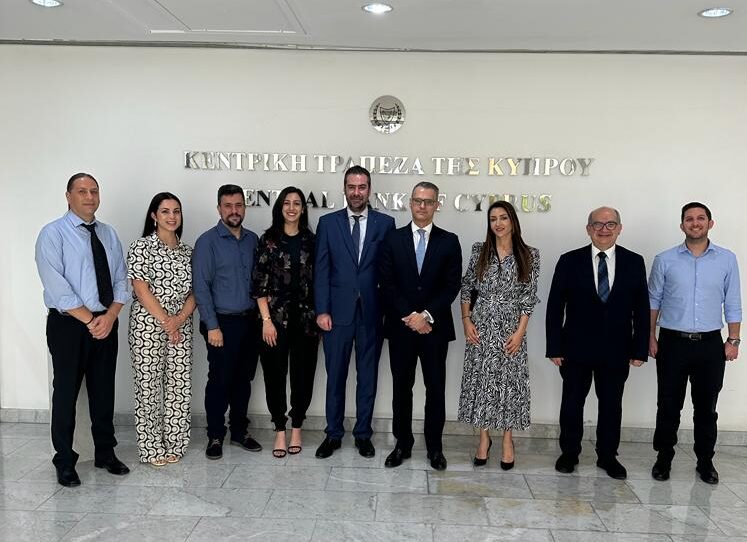Ioannis Georgoulas, President, Association of Cyprus Electronic Money & Payment Institutions (ACEMPI), explains why the sector’s future is looking exceptionally bright.
When and why was ACEMPI formed and what are the Association’s main goals?
The Association of Cyprus Electronic Money & Payment Institutions was formed in 2021 on the initiative of the main local regulated Fintech & Payments organisations under the auspices of the Cyprus Chamber of Commerce & Industry (CCCI). The Association’s Board consists of nine very active and passionate members and is a fair and rounded representation of the participants in the local market. Our main goal is to safeguard the interests of our industry in accordance with the regulatory framework and, as stated in PSD2, to “level the playing field” between banks and payments/electronic money institutions, while representing our interests to regulators and stakeholders.
What are some of the main Cyprus-specific barriers Electronic Money & Payment Institutions face and how does ACEMPI aim to help its members overcome them?
Barriers are only a mindset of the fearful. Our attitude is what characterises us best and, as Churchill memorably said, “Attitude is a little thing that makes a big difference”! ACEMPI’s intention is not to create animosities or negative disruption of the market but, rather, to anticipate and tackle challenges – challenges arising from the collaborations among various stakeholders and the interpretation of constantly evolving laws and regulations, as well as market education, and especially on the habit of using conventional means of payment, while addressing the “myths” surrounding the alleged complexity of electronic payments. At ACEMPI, we support our members by pooling collective knowledge and setting up specialised committees to address issues related to our stakeholders and society in general. Lastly, the key to our success is inclusion; our Association is working untiringly to establish the foundations for attracting new talent to the island, which can be employed in our industry. We will shortly be signing Memoranda of Understanding with other organisations in Cyprus and abroad, which will broaden our network.
The payments industry is extremely fragmented – there are more players than ever and it would appear that the breakneck pace of innovation has accelerated this fragmentation. Why is it so challenging to harmonise the industry and do you see a way for the industry to defragment itself?
Based on the latest assessment and market research, especially in Cyprus, I do not embrace this point of view. The perception of a “fragmented market” is merely based on sentiment and the excessive media focus on the astonishing progress achieved by our market participants and industry. The payments and transaction industries have been around for a while but we now have a huge amount of fintech software and many regtech platforms supporting regulated payment service providers and the payments instruments issued by our members. Fintech and platform innovations are growing daily, with European regulators trying to keep up with these changes to ensure that the lives of citizens continue to improve by incorporating such innovations into their daily routine. Moreover, through PSD2 (Payment Services Directive 2), the established banking monopolies have embraced our members and include our market trends in their financial data, thus creating a win-win situation for businesses and consumers alike. Moreover, market harmonisation is achieved naturally through regulation and supervision: regulators and authorised members/institutions must abide by a common set of rules. As ACEMPI President, I do not believe that anyone can or should place a ceiling on innovation by describing the situation as “fragmented”, especially in the case of Cyprus, where innovation, licensing and technology are among the largest contributors to the country’s GDP.
The pandemic has reinforced major shifts in payments behaviour: cash is no longer king, migration from in-store to e-commerce has increased and instant payments have become more widespread, among others. So, which of the shifts observed in the past two years do you think will be permanent? Are consumers likely to revert to their old habits at all?
This is a matter of trust, convenience and training. If consumers feel safe to use their cards and make payments easily at the click of a button, we are halfway there. The other half is about training them how to do this. Mostly it is a problem for the older generation and less technologically educated social groups, whose confidence with technology and reluctance to evolve make it harder to penetrate, but then again, as innovation gives ground to automation and convenience, things keep getting easier and eventually such barriers will become obsolete.
With so many new entrants each year, payment industry players will need to find ways to stand out. In the never-ending search for differentiation, what specialised services or products do you see emerging within the industry? What will be the new revenue models for the industry?
Our industry does not merely belong to the present but also to an unknown yet bright future! Every day new innovations are materialised via payment companies. I anticipate that some of the services that will surface in the near future are (a) biometric authentication, a method that incorporates and provides security, accuracy and efficiency in one package, (b) mobile points of sale, thereby liberating physical (bricks and mortar) merchants from traditional in-store payments, and (c) smart speaker/voice payments, by which one can authorise transactions using voice commands.
As for the revenue model, let’s not forget that this is a regulated industry, so any new revenue models depend on the licence conditions granted by the European regulators. For now, let me just mention terms like “suffocation by regulation” and “liberation by regulation”, which are related to our Association’s lobbying intentions!
Although banks may be late to the party, they are already adapting to the new reality. Do you see them presenting a serious threat to the industry?
As I have already mentioned, we do not – and never did – perceive banks as a threat to us or the industry! After all, we are all regulated under a similar framework and PDS2 relies heavily on the directives issued by the EBA and the European Commission which enforce these dynamics via the Eurosystem’s regulatory bodies in each EU member state. Our regulated members need their banking partners to operate accounts, for FX dealing, money transfer and many more services, while the banks rely on our industry to provide new services, penetrate new verticals, add automation and, above all, enhance AML supervision and monitoring via tools, systems and data created for or by fintech companies like our members. We live in a world of coexistence and competition. We have seen our European counterparts grow from fintech and payment firms into banking institutions, while others have been absorbed and become part of large banking corporations. This is osmosis, not a threat or competition. The difference between the Cyprus market and the rest of the world is that market participants (banks and payment service providers/issuers) are already evolving together or separately into bigger and stronger entities, especially with Fintech or Neo Banks giving ground to new services. For now, this is only happening in parts of Europe and the Americas, but I hope that it will happen here as well.
While the PSD2 Directive was introduced to stimulate growth and competitiveness in the industry, there are already plans to upgrade it (PSD3). What are the main drawbacks of the present situation and how should PSD3 correct them?
This is a question for the lawmakers and the European Commission to address. As Bismarck is alleged to have said, “Laws are like sausages. It is best not to see them being made”! As ACEMPI, we have submitted positions and suggestions to our local regulator and we are pleased that the regulator takes a positive approach towards the Association, granting us a fair and solid voice. In everything in life, there is always room for improvement and evolution. PSD2 has worked wonders in getting us to where we are now but it is, indeed, time to address certain issues that have to do with inclusion, a two-speed Europe, cross-border services and AML harmonisation. Our country has been battered constantly where these issues are concerned and we believe that PSD3 should consider European justice and take the same fair approach towards all its members, alleviating any possible clouds on the horizon as regards dividing the European family.
Source: Gold News
